
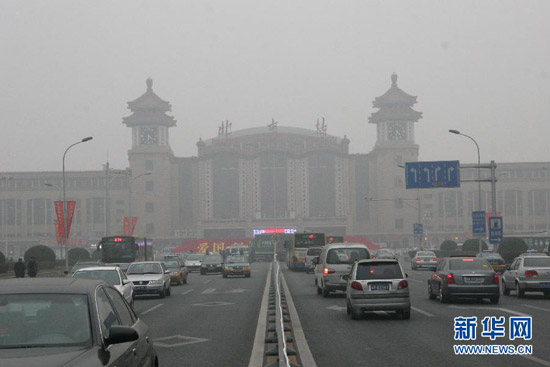 |
BEIJING, Jan. 16 (Xinhua) -- A set of draft standards will impose limits on the amount of particulate matter that light vehicles are allowed to emit, the latest effort by the Chinese government to curb air pollution.
The regulation, titled "Limits and Measurement Methods for Emissions from Light-Duty Vehicles," was released Wednesday to solicit public opinion.
It includes new articles that limit the amount of particles that light vehicles can release, as well as stipulate more frequent in-car monitoring of emissions.
China's light vehicle industry, boosted by increasing demand, has seen rapid development in recent years. Figures from the Ministry of Environmental Protection show that the country had more than 82 million light vehicles by the end of 2011.
According to the ministry, these vehicles, which released 807,000 tonnes of nitrogen oxide, 65,000 tonnes of particulate matter and 16.22 million tonnes of carbon monoxide in 2011 alone, have become the main source for air pollution in multiple Chinese cities, including Beijing.
The new regulation is expected to encourage auto companies to adopt more effective technology to control emissions, especially particulate matter.
The draft rules also impose stricter limits on the emission of nitrogen oxide.
The State Council, or China's cabinet, approved a new air quality standard on Feb. 29 that includes PM2.5, or airborne particulate matter with a diameter of 2.5 microns or less. The standard is being implemented in more cities and will be used nationwide by 2016.

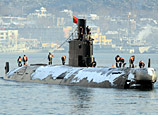
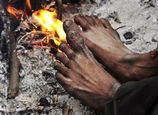

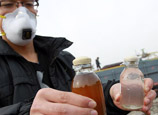
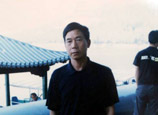










 'Sister House' case urges efforts in combating corruption in affordable housing
'Sister House' case urges efforts in combating corruption in affordable housing


![]()
